1. “Did I Do That?” – Family Matters (Steve Urkel)
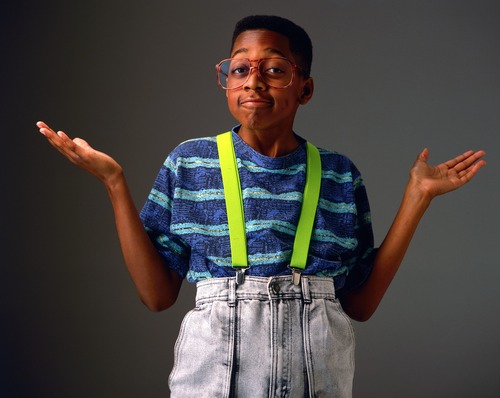
Sure, Steve Urkel was a lovable nerd, but let’s be real: his catchphrase “Did I do that?”, always delivered after causing chaos, would land differently today. While it was played for laughs back then, modern audiences might see it as normalizing the trope of clumsy characters escaping accountability. It’s not hard to imagine people saying, “Steve, just own up to it!” in a social media callout. In an era where personal responsibility is a big talking point, Urkel’s mischief might not get the same free pass. Plus, we’re far more aware now of how stereotypes can oversimplify characters.
2. “Kiss My Grits!” – Alice (Flo)
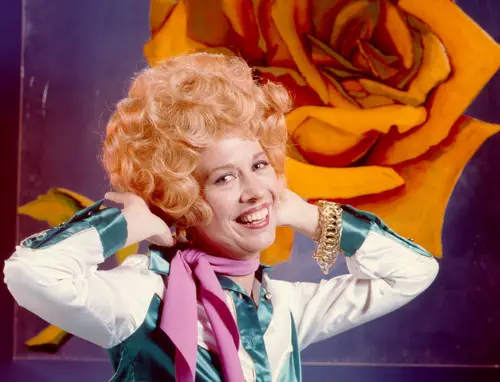
Flo’s Southern sass in the diner was iconic, but telling someone to “kiss my grits” wouldn’t fly so smoothly today. While it’s tame by modern standards, the phrase still carried an edge of insult that’s less acceptable now, especially in a workplace setting. Imagine using that comeback during an office Zoom meeting—HR would not be amused. Today’s audiences are also more attuned to respectful communication, and Flo’s spunky putdowns might come off as unnecessarily combative. Still, you have to hand it to her: no one delivered a Southern clapback quite like Flo.
3. “Sit On It!” – Happy Days (Fonzie & Joanie)
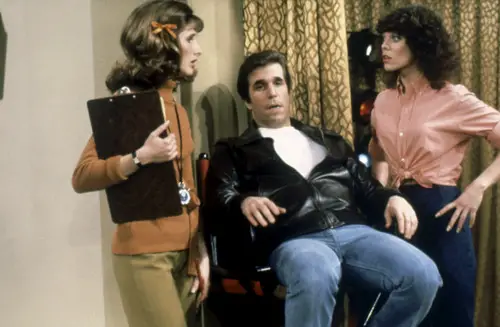
Fonzie was the king of cool, but his dismissive “sit on it!” would have people clutching their pearls in the 2020s. Back then, it was a cheeky way to tell someone off without cursing. But today, it feels passive-aggressive at best and slightly rude at worst. Given our current emphasis on fostering kindness and inclusion, this catchphrase might feel unnecessarily mean-spirited. It’s proof that what once passed as harmless banter doesn’t always age well. Even the Fonz might need to rebrand his iconic attitude.
4. “Whatchoo Talkin’ ‘Bout, Willis?” – Diff’rent Strokes (Arnold Jackson)
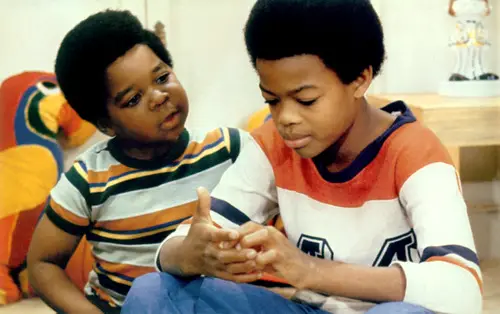
Arnold’s signature line was adorable and made Diff’rent Strokes a cultural hit, but it might raise eyebrows today. With growing awareness around how we portray speech patterns and accents, the phrase could be seen as reinforcing stereotypes. While Arnold’s delivery was all in good fun, some might argue it mocked how certain groups are perceived when they speak. The line would likely spark discussions about representation and respect in comedy. It’s a reminder of how humor evolves with changing sensitivities.
5. “I’m Gonna Nip It in the Bud!” – The Andy Griffith Show (Barney Fife)

Barney Fife’s signature line was funny because of his overzealous policing, but today it might hit differently. With modern conversations about law enforcement, the comedic tone of “nipping things in the bud” could feel tone-deaf. Jokes about unnecessary strictness from an authority figure don’t have the same carefree vibe they did in the ‘60s. It’s a prime example of how cultural context can reshape comedy over time. Still, it’s hard not to hear Don Knotts’ delivery in your head and smile.
6. “Meathead” – All in the Family (Archie Bunker)
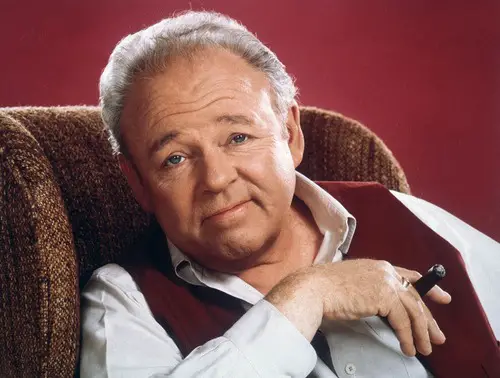
Archie Bunker’s nickname for his son-in-law Michael was peak ‘70s humor, but it wouldn’t land the same way today. Calling someone a “Meathead” feels like name-calling, and audiences are less likely to laugh at jokes that hinge on belittling others. Archie’s intentionally flawed character was meant to hold up a mirror to society, but his insults might overshadow that nuance in modern times. Today, shows tend to approach intergenerational conflict with more understanding, not name-calling. It’s a sign of how comedy has shifted toward empathy.
7. “Don’t Be Ridiculous!” – Perfect Strangers (Balki)
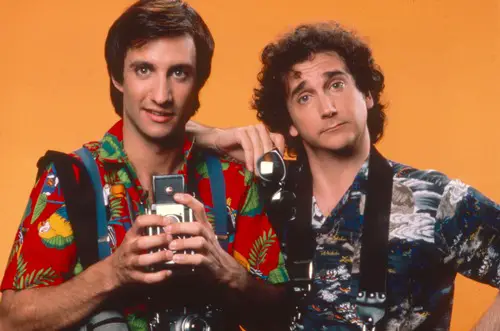
Balki Bartokomous’ catchphrase was harmless fun in the ‘80s, but it would likely face scrutiny today for a different reason. Balki’s exaggerated foreign accent and mannerisms, while played for laughs, might be seen as problematic now. Comedy based on cultural differences has become far more nuanced, and Balki’s character might feel outdated or insensitive. While his innocence and charm were undeniable, modern audiences might question the stereotypes embedded in his portrayal. It’s a good example of how representation in sitcoms has evolved.
8. “Marcia, Marcia, Marcia!” – The Brady Bunch (Jan Brady)
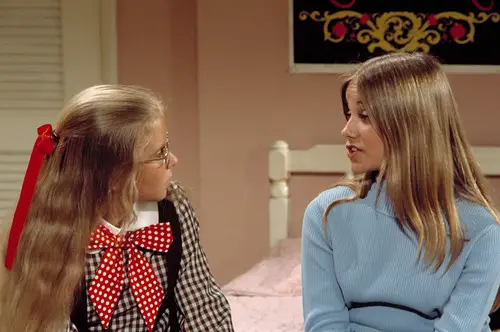
Poor Jan Brady’s exasperated cry is legendary, but its undertones would likely spark a different conversation today. While Jan’s jealousy was relatable, it also highlighted the pressure placed on siblings to compete for attention and perfection. In today’s mental health-conscious world, her famous meltdown might open up discussions about family dynamics and self-esteem. Instead of being played for laughs, Jan’s struggles might be treated with more empathy. Still, her catchphrase remains a timeless reminder of middle-child woes.
9. “Stifle Yourself!” – All in the Family (Archie Bunker)
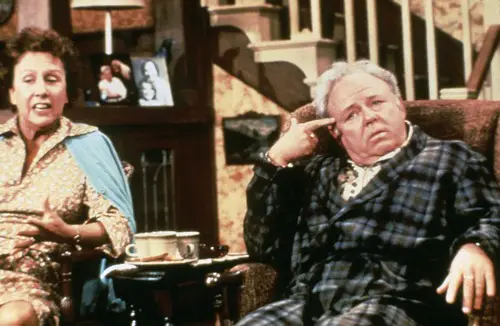
Archie strikes again! Telling someone to “stifle yourself” might sound downright harsh today. While it was often directed at Edith in a lighthearted way, modern viewers would likely see it as dismissive or controlling. It’s hard to imagine this line being used without sparking debates about gender dynamics and respect in relationships. Archie’s overbearing attitude was meant to be a critique, but the humor might get lost in translation now. Today’s audiences expect more balance and mutual respect between TV couples.
10. “Dyn-O-Mite!” – Good Times (J.J. Evans)
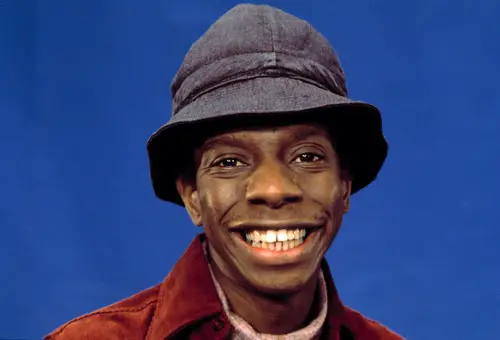
J.J.’s exuberant catchphrase made him a breakout star, but its legacy is a bit more complicated. While it brought energy to Good Times, some critics argue it reduced J.J. to a caricature, prioritizing catchphrase-driven comedy over substance. Today, audiences are more critical of roles that rely on stereotypes for laughs. What once felt like harmless fun might now be seen as minimizing a character’s depth. J.J. deserved to be more than just his famous line—and modern sitcoms strive for that balance.
11. “How Rude!” – Full House (Stephanie Tanner)
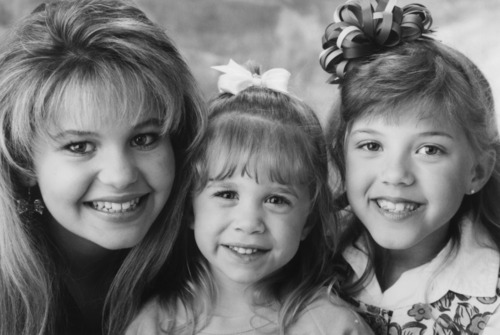
Stephanie Tanner’s sassy retort was cute in the ‘90s, but today it might come across differently. With a stronger focus on kindness and emotional intelligence, Stephanie’s constant “how rude!” might sound like an overreaction. Modern audiences might suggest she express herself more calmly instead of snapping back. It’s a small shift, but one that reflects changing ideas about how kids (and adults) communicate. Still, Stephanie’s spunky delivery is hard to forget—no matter how much it might raise eyebrows today.
12. “Not That There’s Anything Wrong With That” – Seinfeld
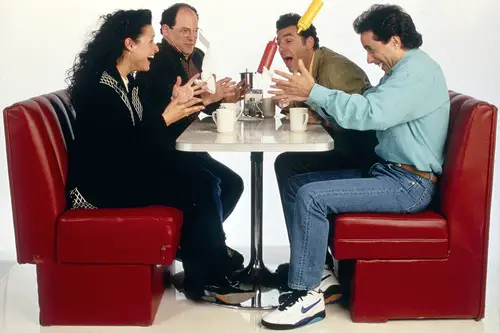
This line from Seinfeld was meant to be progressive for its time, poking fun at the characters’ discomfort with homosexuality. But in today’s world, it feels a little cringeworthy. The repeated insistence of “not that there’s anything wrong with that” can come off as awkward at best and insincere at worst. While it was a step forward in the ‘90s, modern sitcoms handle LGBTQ+ themes with far more authenticity and depth. It’s a reminder of how far representation in media has come.
13. “Well, Isn’t That Special?” – Saturday Night Live (The Church Lady)
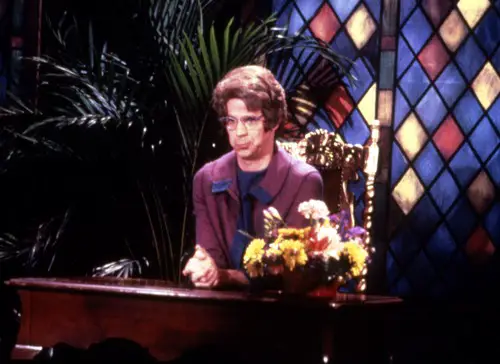
Dana Carvey’s Church Lady was a hilarious sendup of self-righteousness, but her catchphrase wouldn’t play as well now. The humor relied heavily on mocking religious zeal, which could be seen as mean-spirited today. Audiences are more sensitive to jokes targeting specific groups, even when the satire is well-meaning.
14. “You Got It, Dude!” – Full House (Michelle Tanner)
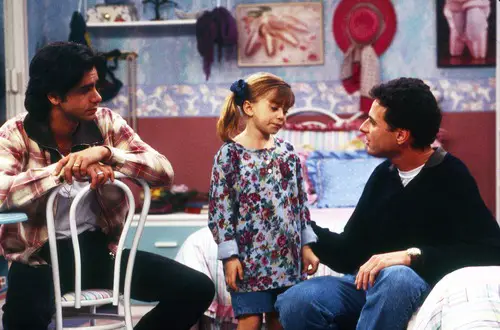
Michelle Tanner’s adorable line is harmless on the surface, but in the age of meme culture, overused catchphrases can quickly become grating. Today’s audiences might find it a bit too cutesy or overly rehearsed. Plus, there is a larger conversation about how child actors are often pushed into delivering signature lines for laughs. It is a far cry from today’s child characters, who are written with more natural dialogue. Still, you can’t help but smile when you hear Michelle’s tiny voice delivering her iconic line.
